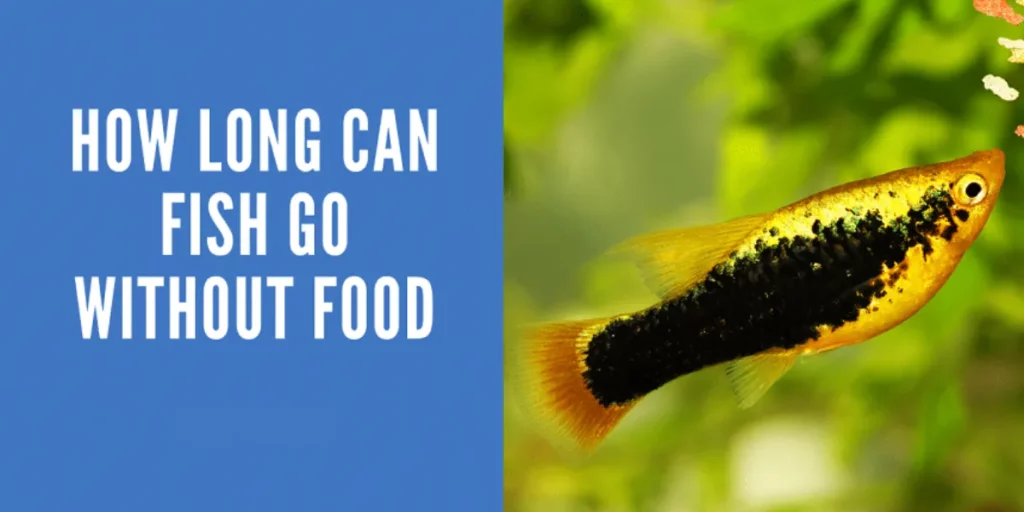How Long Can Betta Fish Go Without Food
Introduction
Betta fish, known for their vibrant colors and elegant fins, are popular aquarium pets. However, as responsible owners, it’s crucial to understand their dietary needs and how long they can go without food. In this article, we’ll delve into the factors influencing a Betta fish’s ability to survive without food and provide practical guidelines for maintaining their well-being.
The Natural Adaptations of Betta Fish
Betta fish, native to the rice paddies and slow-moving waters of Southeast Asia, possess unique adaptations that enable them to endure periods of scarcity. In the wild, they have evolved to cope with varying food availability. Betta fish have a labyrinth organ, allowing them to breathe atmospheric air, which supplements their oxygen requirements. Additionally, their metabolic rate adjusts in response to food scarcity, enabling them to conserve energy during periods of limited nourishment.
Factors Affecting How Long Betta Fish Can Go Without Food
Several factors determine the duration a Betta fish can survive without food:
Arwana Fish:
Arwana fish, also known as Arowana, are majestic freshwater fish known for their distinctive scales and elegant swimming style. They come in various species, including the Silver, Red, and Golden Arowana. Arwana fish are prized for their vibrant colors and long, sleek bodies. They require spacious tanks due to their size, and their dietary preferences typically include live foods such as insects and small fish.
Health and Nutritional Reserves
A healthy Betta fish with ample nutritional reserves can endure longer periods without food. Well-fed fish store energy reserves that can sustain them during times of scarcity. However, prolonged fasting can lead to muscle breakdown and compromised immune function.

Temperature and Metabolism
Temperature significantly influences a Betta fish’s metabolism. In warmer temperatures, their metabolic rate increases, leading to faster energy consumption. Lowering the temperature slightly during periods of food scarcity can help extend the time they can go without eating.
Sherry Fish:
Sherry fish, often referred to as Siamese fighting fish or Betta fish, are popular for their vibrant colors and elaborate fins. They are native to Southeast Asia and are known for their territorial nature. Sherry fish are labyrinth fish, meaning they can breathe atmospheric air. They thrive in smaller tanks and can be kept individually due to their aggressive behavior towards their own kind.
Aquarium Conditions
The conditions within the aquarium play a role in a Betta fish’s ability to go without food. A clean and well-maintained tank supports their overall health. Overfeeding or poor water quality can exacerbate the negative effects of food deprivation.
Guidelines for Withholding Food
While Betta fish can endure periods without food, it’s essential to prioritize their health:
Regular Feeding Schedule
Maintain a consistent feeding schedule to ensure your Betta fish receive proper nutrition. A balanced diet helps build their nutritional reserves.
Intermittent Fasting
Incorporate occasional fasting days to mimic their natural environment. Skipping one or two meals a week can have potential health benefits.
Vacation Planning
If you’re planning to be away, make arrangements for someone to feed your Betta fish. Alternatively, opt for an automatic feeder to ensure they receive adequate sustenance.
How Long Can Betta Fish Go Without Food, Betta fish have evolved with adaptations that allow them to survive periods without food. However, responsible ownership means providing them with optimal care, which includes regular feeding and attention to their overall well-being. By understanding their unique traits and needs, you can ensure your Betta fish leads a healthy and vibrant life in your aquarium.









